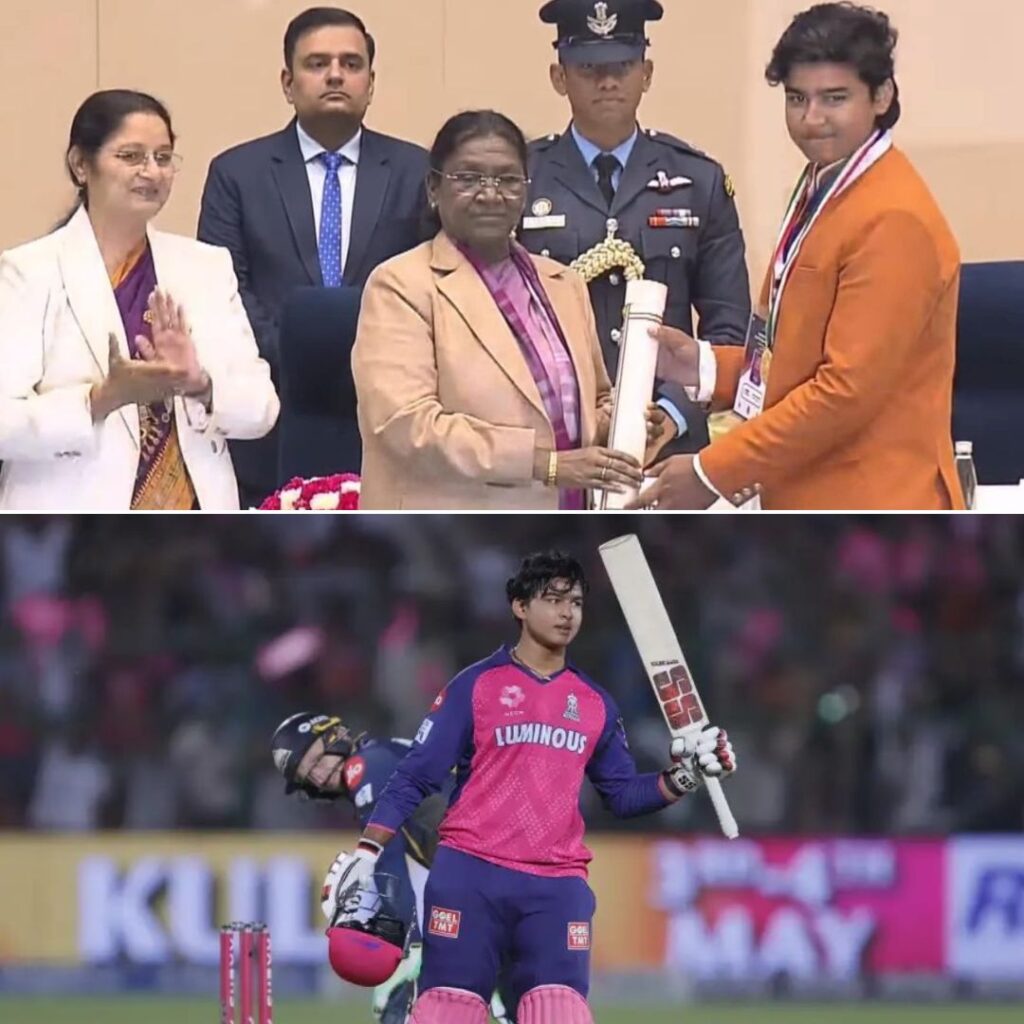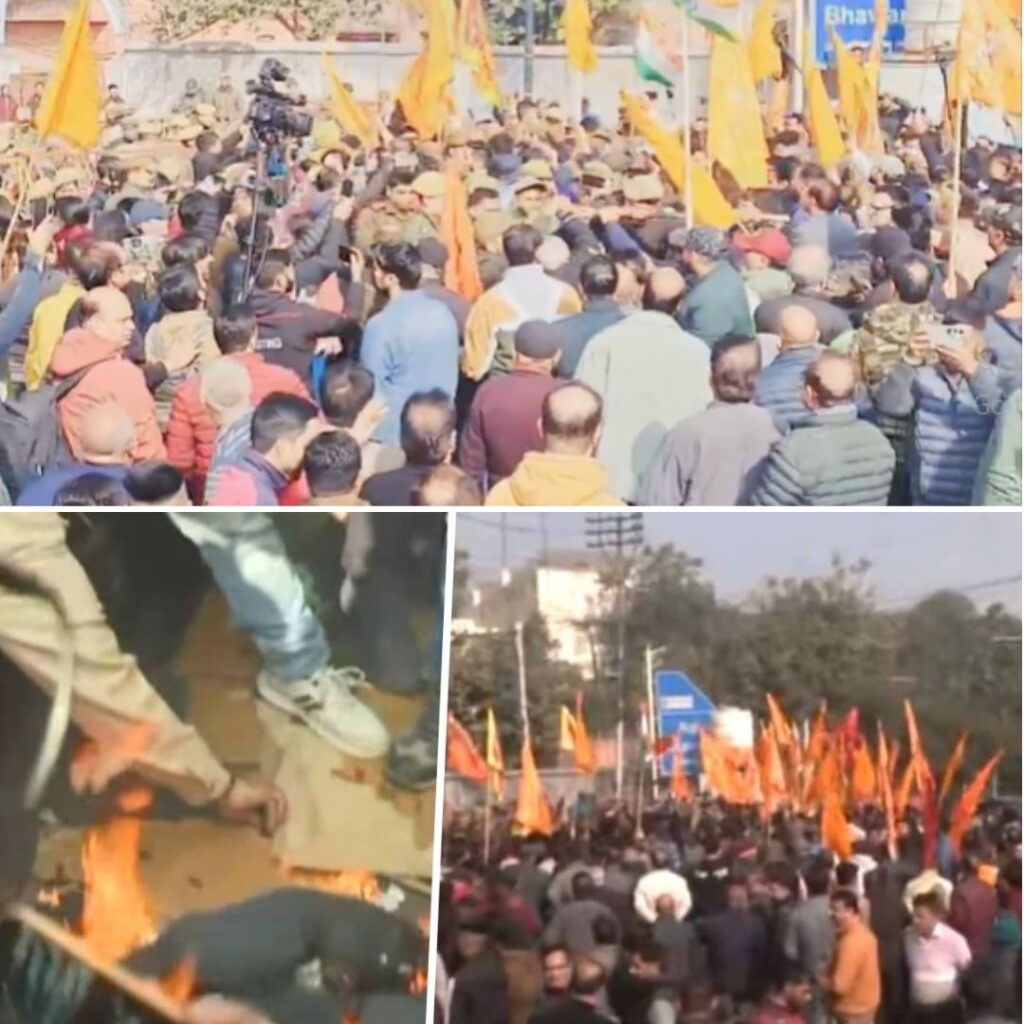Two years back, on 13th November 2015, Hon’ble MP Shri Ninong Ering introduced the Constitution (Scheduled Tribes) Order (Amendment) Bill, 2015 in the Lok Sabha. The Private Member’s Bill seeks to amend the Constitution (Scheduled Tribes) Order so as to include the tribes ‘Tangsa’, ‘Nocte’, ‘Tutcha’, ‘Wancho’ and ‘Yobin’ in the list of Scheduled Tribes in respect of the State of Arunachal Pradesh. The journey of this Bill towards enactment of meaningful legislation highlights the special place occupied by Private Members’ Bills in the legislative process of the Indian Parliament, as shall be delved into, below.
Success Story of the Constitution (Scheduled Tribes) Order (Amendment) Bill, 2015
Hon’ble MP Shri Ninong Ering began the process of dialogue on the inclusion of the five tribes (namely ‘Tangsa’, ‘Nocte’, ‘Tutcha’, ‘Wangchoo’ and ‘Yobin’) in the list of Scheduled Tribes in respect of the state of Arunachal Pradesh, on 11th July 2014 itself by raising the matter under Rule 377 of the Lok Sabha. Rule 377 can be invoked by a member to bring to the notice of the House a matter which is not a point order and cannot be raised under the Rules relating to questions, short notice questions, calling attention, motions, etc., with the permission of the Speaker. Accordingly, this parliamentary device was used to bring to the notice of the Hon’ble Minister of Tribal Affairs, the need for the recognition of the five tribes.
On 13th November 2015, the Constitution (Scheduled Tribes) Order (Amendment) Bill, 2015 was introduced in the Lok Sabha. The Statement of Objects and Reasons clearly lays out the need for the recognition of the tribes – ‘Tangsa’, ‘Nocte’, ‘Tutcha’, ‘Wangchoo’ and ‘Yobin’, through an amendment to the Constitution (Scheduled Tribes) Order, in accordance with Article 366(25) read with Article 342 of the Constitution. The five tribes known as other Naga tribes do not have any identity in the Constitution and therefore, do not enjoy the benefits of reservation as applicable to other Scheduled Tribes. Accordingly, the objective of this Bill is to recognize and list these tribes as Scheduled Tribes in respect of Arunachal Pradesh. The Bill also contains a Financial Memorandum providing for additional recurring expenditure from the Consolidated Fund of India, which would be incurred if the Bill were to be enacted. This expenditure would be on account of benefits to be provided to the persons belonging to these tribes under ongoing schemes meant for the development and welfare of the Scheduled Tribes.
The Bill was not taken up for further discussion in the Lok Sabha, as is the fate of many Private Members’ Bills. But Hon’ble MP Shri Ering continued to push for engagement on the issue. On 5th June 2018, he met Hon’ble Minister for Tribal Affairs Shri Jual Oram at his residence office in New Delhi and submitted a memorandum regarding the inclusion of ‘Tangsa’, ‘Nocte’, ‘Tutcha’, ‘Wangchoo’ and ‘Yobin’tribes in the list of Scheduled Tribes of the State of Arunachal Pradesh.
Thereafter, Shri Ering has repeatedly raised Unstarred Questions in the Lok Sabha to elicit written responses from the Government. On 23rd July 2018, 30th July 2018 and 17th December 2018, the Hon’ble MP has raised Unstarred Questions titled ‘Inclusion of Tribes in ST List’, ‘ST List of Arunachal Pradesh’ and ‘Inclusion of Yobin, Tutsa, Nocte, Tangsa and Wanchoo in ST List’ respectively. These questions have made it imperative for the government to release information regarding the status of an amendment to the list of Scheduled Tribes.
The continued efforts of the private member in tracking the progress of the government in legislating on the subject matter have finally culminated in the Cabinet approval for the Constitution (Scheduled Tribes) Order (Amendment) Bill, 2018 for revision in the list of Scheduled Tribes of Arunachal Pradesh. The 2018 Bill, inter alia, provides for the inclusion of ‘Nocte’, ‘Tangsa’, ‘Tutsa’, ‘Wancho’in lieu of ‘Any Naga Tribes’ in list of Scheduled Tribes of Arunachal Pradesh. After the Bill becomes an Act, members of the newly listed communities will be able to derive benefits meant for STs under the existing schemes of the Government and will also be entitled to reservation in services and admission to educational institutions as per Government policy. Further, with regard to the ‘Yobin’ tribe, an advisory has been issued by the Ministry of Tribal Affairs to the State of Arunachal Pradesh to extend benefits and issue caste certificates to the tribe or to any other indigenous tribe.
What is a Private Member’s Bill? Legislative proposals in the Parliament can be brought before either house in the form of Bills. Bills may be of two types – Government Bills and Private Members’ Bills. Government Bills are those Bills that are initiated by a Minister, whereas Private Members’ Bills are those that are initiated by any Member other than a Minister. Such members may be MPs belonging to the opposition…











